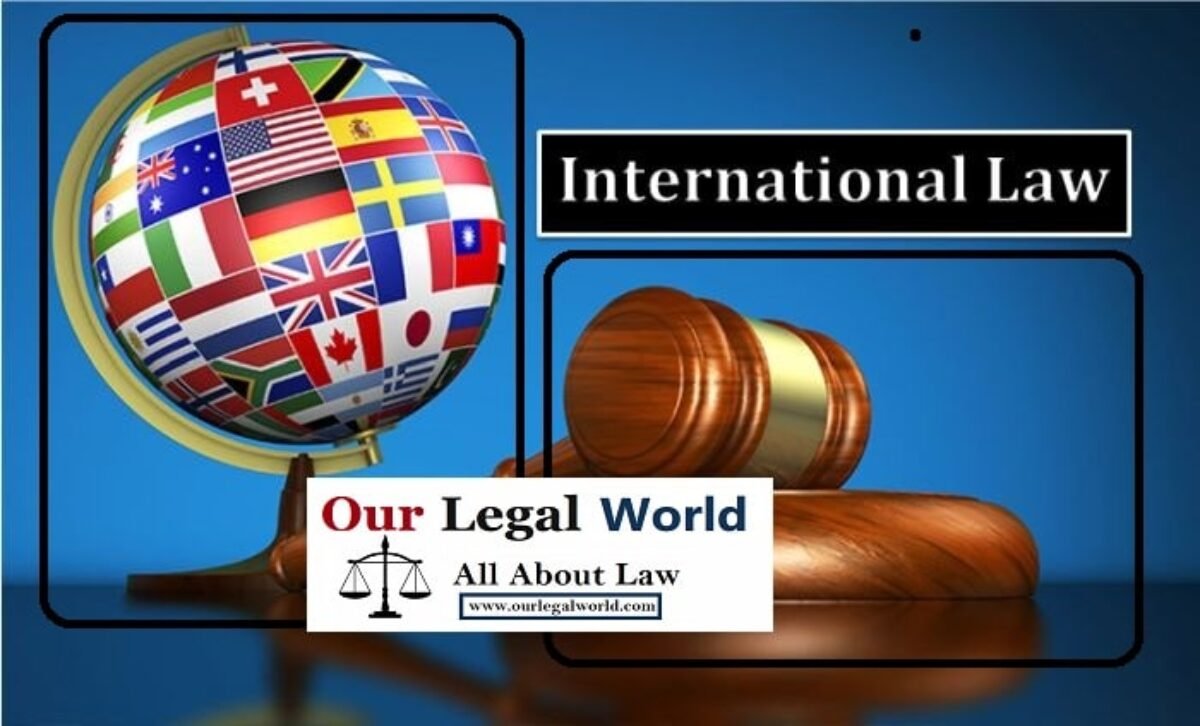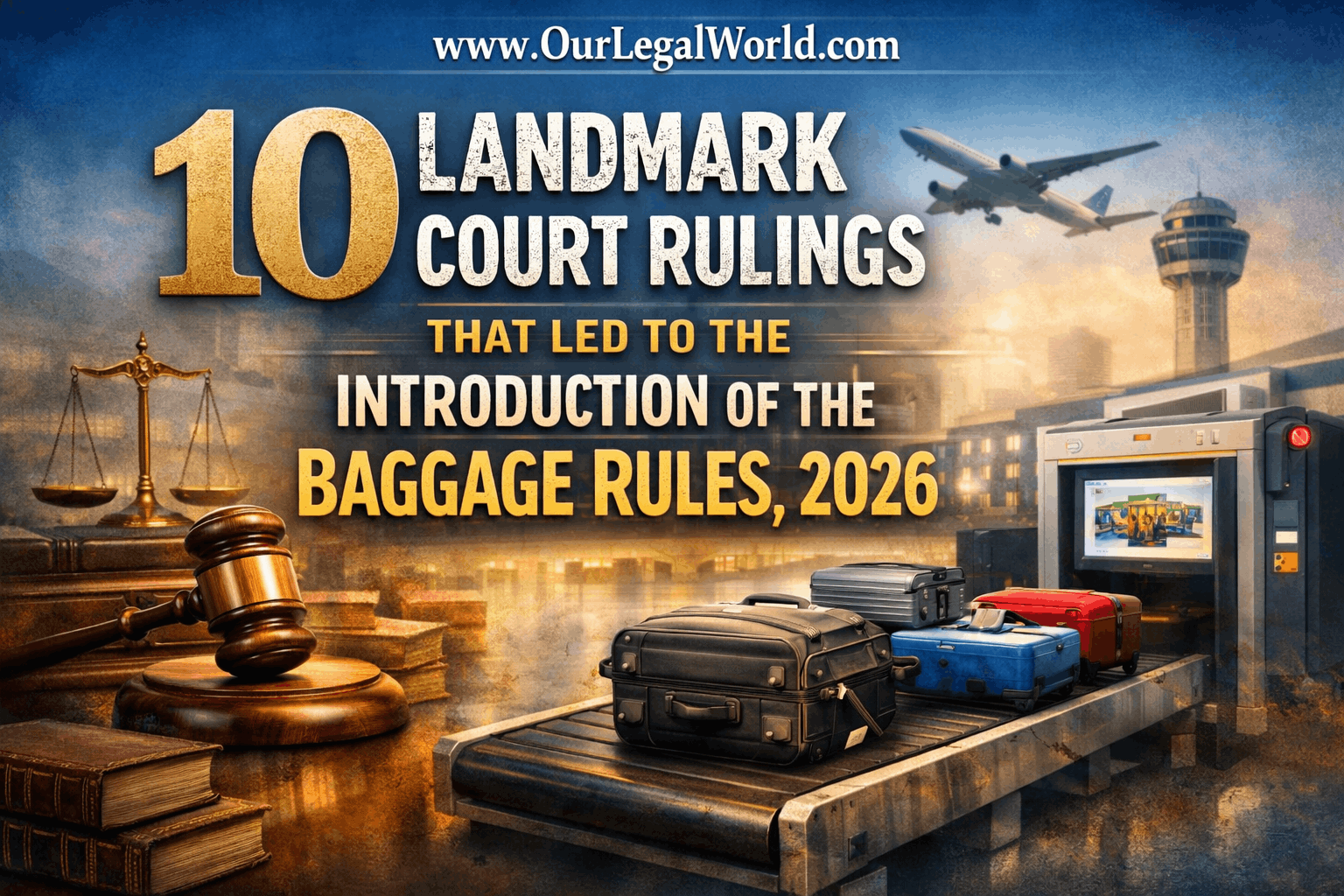COMPOSITION & JURISDICTIONS OF INTERNATIONAL COURT OF JUSTICE(ICJ)
INTRODUCTION:
International Court of Justice (ICJ) is a world court to manage international law and peace and also called as ‘Principle Judicial Organ’ of the International Organization. The statute of ICJ has been adopted from the statute of the Permanent Court of Justice which had been established in 1920. [1]
It was established by the UN Charter, signed on 26 June 1945 in San Francisco but it started operating from 1946.
The primary purposes of the United Nations: “to bring about by peaceful means, and in conformity with the principles of justice and international law, adjustment or settlement of international disputes or situations which might lead to a breach of the peace”.
The ICJ is a part of the organs of the United Nations and it is located in the Peace Palace at The Hague. The members (193) of the UN are also part of ICJ. French and English are the endorsed languages of the Court.
ICJ’s important purposes are to settle down the legal problems submitted to it by states and to offer suggestive thoughts on legal queries submitted to it by accordingly authorized international organs and agencies.
Usually, the ICJ’s amount of work is categorized by a wide-ranging judicial activity, for a clear explanation of the ICJ procedures, the composition & jurisdictions of ICJ is detailed in this article.
COMPOSITION OF ICJ
The composition of the Court may be clarified as below:
- There are 15 judges in the International Court of Justice. They are elected by the UN General Assembly and the UN Security Council from a list of persons nominated by the national groups in the Permanent Court of Arbitration.
Article 4 (1) of the Statute of the International Court Of Justice
“The members of the Court shall be elected by the General Assembly and by the Security Council from a list of persons nominated by the national groups in the Permanent Court of Arbitration, in accordance with the following provisions.”
- The judge should be an independent, high moral character and must be qualified for the appointment of the highest judicial offices in his country. At a given time, not more than one judge shall be elected from one state.
Article 2 of the Statute of the International Court Of Justice
“The Court shall be composed of a body of independent judges, elected regardless of their nationality from among persons of high moral character, who possess the qualifications required in their respective countries for appointment to the highest judicial offices or are jurisconsults of recognized competence in international law.”
- The election conducted by the UN General Assembly and the UN Security Council is independent and simultaneously.
Article 8 of the Statute of the International Court Of Justice
“The General Assembly and the Security Council shall proceed independently of one another to elect the members of the Court.”
- To maintain the strength of 15 judges, nine years is the term of office and five of them shall be retired after every three years. These procedures can be conducted every 5 years.
Article 13 (1) of the Statute of the International Court Of Justice
“ The members of the Court shall be elected for nine years and may be re-elected; provided, however, that of the judges elected at the first election, the terms of five judges shall expire at the end of three years and the terms of five more judges shall expire at the end of six years.”
- A judge should refrain from all political and administrative functions, refrain from being council, agent or advocate in any case, and not participate in any case in which he has previously has taken part as agent, counsel, or advocate for one of the parties.
Article 16 (1) of the Statute of the International Court Of Justice
“No member of the Court may exercise any political or administrative function, or engage in any other occupation of a professional nature.”
- President of the court and the Vice – president is appointed every three years.
Article 21 (1) of the Statute of the International Court Of Justice
“The Court shall elect its President and Vice-President for three years; they may be re-elected.”
The cases of the Court are decided by the president and if the judge cannot take part in the hearing of any cases, he should be given prior notice. Similarly, if the court considers that the respective judge cannot take part in any of the hearing he should be informed
Article 24 of the Statute of The International Court Of Justice
1. “If, for some special reason, a member of the Court considers that he should not take part in the decision of a particular case, he shall so inform the President.”
2. “If the President considers that for some special reason one of the members of the Court should not sit in a particular case, he shall give him notice accordingly.”
- For the last 15 years, ICJ has a case of having a chamber composed of three to five members. A specific case can be constituted in each chamber by the Court itself.
Article 26 (1) of the Statute of the International Court Of Justice
“The Court may from time to time form one or more chambers, composed of three or more judges as the Court may determine, for dealing with particular categories of cases; for example, labour cases and cases relating to transit and communications.”
- If there is no national judge of the party to a case, the ad hoc judges will be appointed by the court. They will participate fully in the cases, alongside with the permanent bench.
Article 30(4) of the Statute of the International Court Of Justice
“In such cases, the President shall request one or, if necessary, two of the members of the Court forming the chamber to give place to the members of the Court of the nationality of the parties concerned, and, failing such, or if they are unable to be present, to the judges specially chosen by the parties.”
JURISDICTION:
The Court’s jurisdiction is dual
- Contentious Jurisdiction: Under international law, disputes or cases which are legal and submitted to it by States are decided with the consent of the parties to the case. Consent is the fundamental principle of this jurisdiction. A case cannot be held simply because one party files a case i.e., consent of both the parties is necessary and also even the dependent country’s consent is necessary.
There are three kinds of Contentious Jurisdiction
- Voluntary Jurisdiction.
It refers to a jurisdiction that does not require a judicial proceeding, as the granting letters of administration and receiving the probate of wills gives the assent of the parties for the jurisdiction of the Court in advance.
- Ad hoc Jurisdiction
When there is a dispute between two parties, they approach the Court to decide upon the case but when the Court has no right to take up the case, is said to be Ad hoc Jurisdiction.
- Compulsory Jurisdiction
The court can initiate the proceeding for the case even without the consent in the compulsory jurisdiction. The universal level of this jurisdiction depends on the approval of the Nation-States and the procedure is also laid down.
- Advisory Jurisdiction: It gives advisory opinions on legal questions are given at the request of the organs of the United Nations, specialized agencies, or one related authorized organization. Such as the International Labour Organization or the International Atomic Energy Agency.
REFERENCES:
- United Nations Charter, Article 1, para.1, https://www.refworld.org/docid/40421d5e4.html
- The Statute Of The International Court Of Justice, https://www.icj-cij.org/en/statute#CHAPTER_I
- Composition & Jurisdictions Of International Court Of Justice, Legal Bites, https://www.legalbites.in/composition-jurisdictions-international-court-justice/
- International Court of Justice, https://www.cs.mcgill.ca/~rwest/wikispeedia/wpcd/wp/i/International_Court_of_Justice.htm
- The International Court Of Justice (ICJ), https://nvvn.nl/the-international-court-of-justice-icj/







